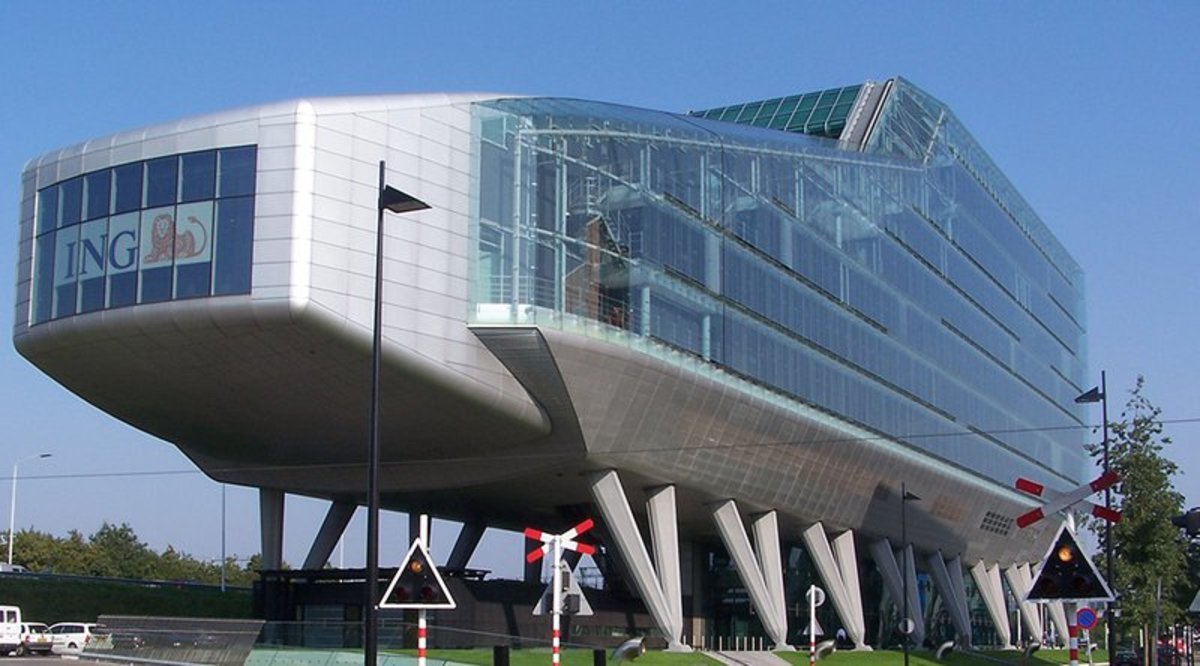
In September, Bitcoin Magazinereported that nine global banks were pooling resources to fund R3, a next-generation global financial services company focused on applications of cryptographic technology and distributed ledger-based protocols within global financial markets.
R3 will seek to establish consistent standards and protocols for this emerging technology across the financial industry in order to facilitate broader adoption and gain a network effect, according to an R3 press release.
Several other top banks joined R3 soon thereafter.
Now, five more banks – ING, BNP Paribas, Wells Fargo, MacQuarie and the Canadian Imperial Bank of Commerce – are joining R3, Reuters
reports. R3, now supported by most of the world’s major banks (with notable exceptions in China), represents the first high-profile collaborative project to find out how blockchain technology can be used in finance.
Thirty banks across the world are now partnering with R3, signaling a significant commitment to collaboratively evaluate and apply this emerging technology to the global financial system.
“The combined strength of our technology team and the diverse global footprint of our member banks clearly differentiates us and puts us in a unique and exciting position within the distributed ledger space,” said R3's CEO David Rutter. “The R3 collaborative model is the best way to quickly, efficiently and cost-effectively deliver these new technologies to global financial markets. We look forward to welcoming more players to our growing team as the initiative continues to develop and evolve.”
Richard Gendal Brown, IBM's former executive architect of banking innovation, joined R3 in September as chief technology officer. In a recent post on his personal blog, he introduced his senior leadership team, which includes James Carlyle, formerly chief engineer at Barclays Personal and Corporate Bank, who joined R3 as chief engineer, and Bitcoin code developer Mike Hearn, who joined R3 as lead platform engineer. Ian Grigg joined R3 as architecture consultant, and Tim Swanson joined R3 as head of research.
Gendal Brown’s team will focus on the basics of fintech applications for banks and financial firms: “[W]hat properties does a technology platform need to possess if it is going to enable the world’s banks – and other firms – to deploy shared platforms to record, manage and report on their contractual agreements with each other and with their customers? What is the irreducible set of functional requirements we must provide? What are the non-negotiable non-functional requirements?”
A press release on ING Bank's website announced that, by joining R3, ING is taking the next step with blockchain technology to collaborate on research, design, and engineering that will advance innovative solutions for clients that meet banking requirements for security, reliability, performance, scalability, and auditing. ING Group, a Dutch multinational banking and financial services corporation headquartered in Amsterdam, had more than 48 million individual and institutional clients in more than 40 countries in 2013.
“We are very excited about joining the R3 consortium and taking an important step forward in our payments innovation strategy,” said Mark Buitenhek, ING Global Head of Transaction Services. “We want to make the most of what blockchain technology has to offer our customers and the best way to achieve this is through global collaboration. Working together, we will develop innovative banking solutions for our clients with consistent standards and protocols guaranteeing widespread adoption. We are convinced that this initiative brings together unique sets of expertise and experience in electronic financial markets, distributed ledgers and blockchain technologies.”
The rapid rise of R3 shows that the adoption of blockchain technology in the financial sector is reaching a point of no return. On the other hand, it can also be interpreted in the context of the ongoing trend toward appropriation of blockchain technology by the mainstream financial world, which many early adopters and Bitcoin purists consider a disturbing trend.










